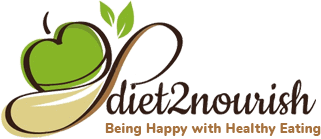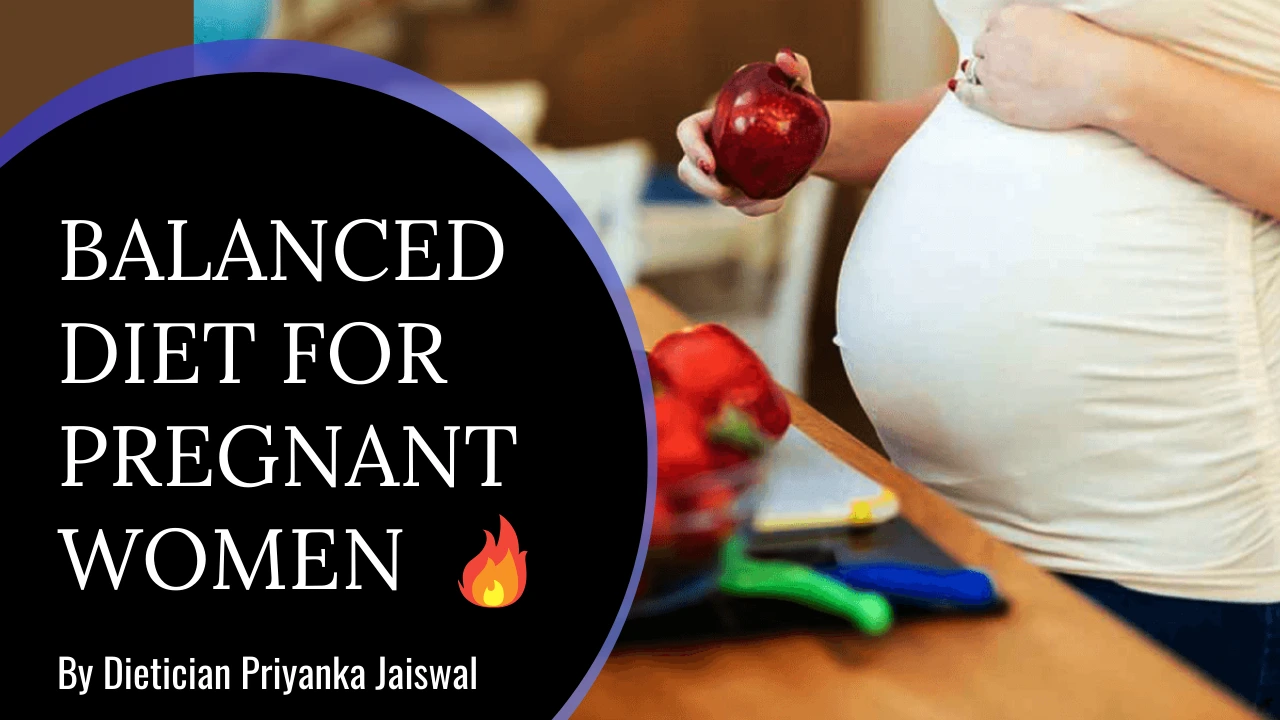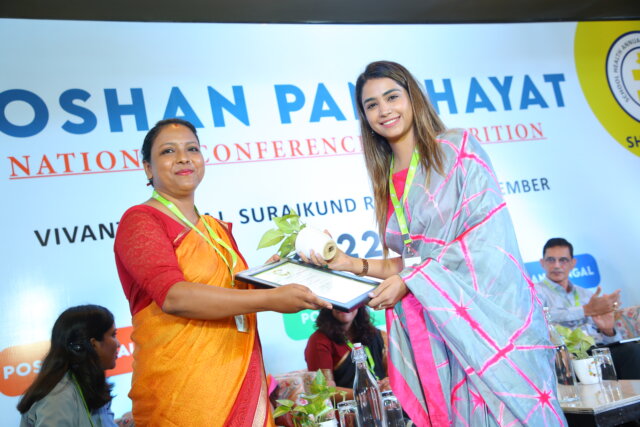Balanced Diet for Pregnant Women
Balanced diet for pregnant women plays a key role in pregnancy. Pregnancy is the most beautiful time of a woman’s lifetime. When a woman bears her offspring in her body, make sure she is eating well.
A balanced diet for pregnant women is recommended by doctors and dieticians all across the globe. The diet must nourish the mother as well as the baby in the womb. Furthermore, it is necessary to consume a balanced diet for pregnant women to ensure the mother’s health during pregnancy.
Moreover, it is fair to wonder what to eat during this period of your lifetime. We are here to tell you about the prenatal care diet you should consume.
The need of a balanced diet for pregnant women

- The foetus or the baby can not eat the food itself. This is why it uses the placenta to absorb the nutrients of what the mother eats. Therefore, a nutritious diet must be consumed by pregnant women for the development of the foetus.
- A balanced diet during pregnancy is necessary for proper delivery conditions during labour.
- Adequate nourishment is required for the delivery of a healthy baby. Inadequate nourishment can lead to health conditions and deformations in the body parts and organs of the baby.
- In addition to this, studies reveal that malnourishment during pregnancy can affect the foetus in its adulthood.
- The child becomes very susceptible to heart diseases, diabetes and other cardiovascular diseases in adulthood.
Is the diet for pregnant women the same as that for a normal woman?

A pregnant woman undergoes different situations than a normal woman. Moreover, a pregnant woman has a little human being developing inside of her. This is why the diet for a pregnant woman is different from a normal woman.
Moreover, pregnancy causes a woman to have a greater appetite. So, to satiate the need of herself and the baby, a woman has to eat more than usual.
In addition to this, the caloric intake of a pregnant woman is more than a normal woman. It increases by 250-375 calories per day.
Moreover, these calories must be obtained from a healthy and nutritious source. To nourish the baby and the mother, healthy calories are required.
Furthermore, the ongoing trimester also affects the increase in calorie intake. On average, a pregnant woman consumes about 2000 to 2600 kilocalories per day.
The nutritional requirement of a pregnant woman
The nutritional requirement of a pregnant woman is different from an average adult.
Foods that are included in a balanced are something not to sleep on during the pregnancy period
Moreover, given below is a description of the nutritional requirement in a pregnant woman’s diet.
| NUTRIENT | Daily requirement for pregnant mothers |
| protein | 70 to 100 grams |
| iron | 27 milligrams (mg) |
| calcium | 1200 milligrams (mg) |
| folate | 600 to 800 micrograms |
| carbohydrates | 175 grams |
| fibre | 28 grams |
Foods high in protein
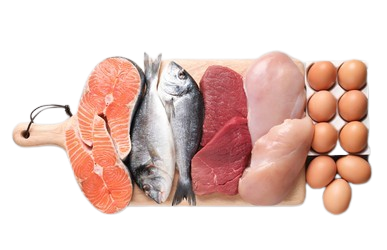
Some foods that are high in protein include chicken, fish, beef, eggs, dairy products, beans, lentils, nuts, and seeds.
Foods rich in iron
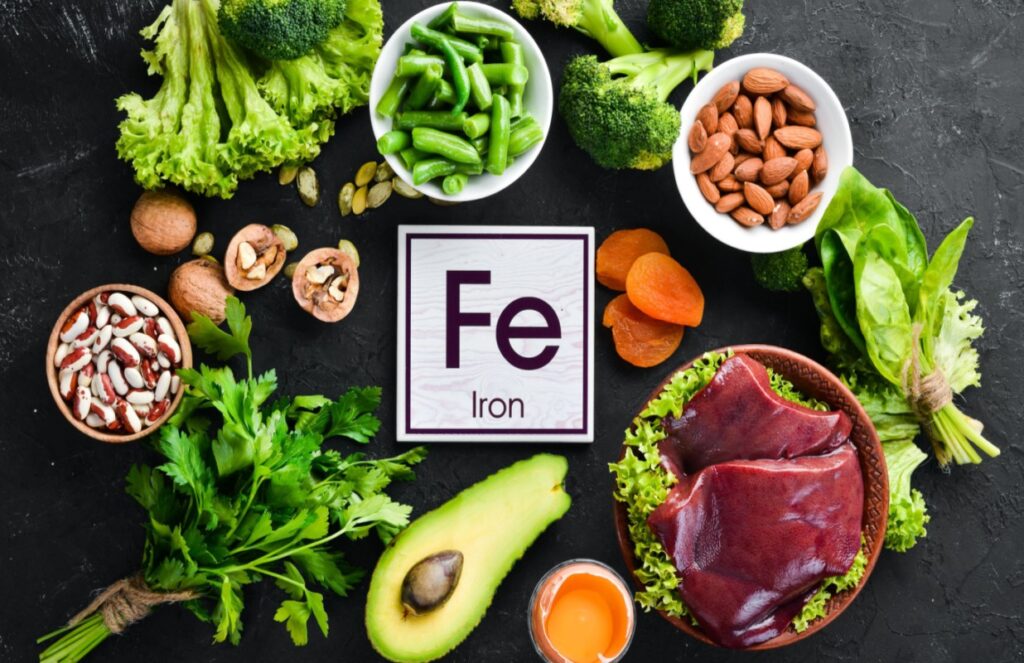
Some foods that are high in iron include spinach, kale, lentils, beans, tofu, red meat, poultry, seafood, and fortified cereals.
Foods rich in calcium

Foods that are rich in calcium include dairy products. Mainly such as milk, cheese, and yogurt. Furthermore, leafy greens such as kale and collard greens. And some types of fish such as salmon and sardines.
Foods rich in folate
Some foods that are rich in folate include leafy vegetables. They include spinach and kale, citrus fruits, beans, peas, lentils, avocado, and fortified cereals.
Food rich in healthy carbs
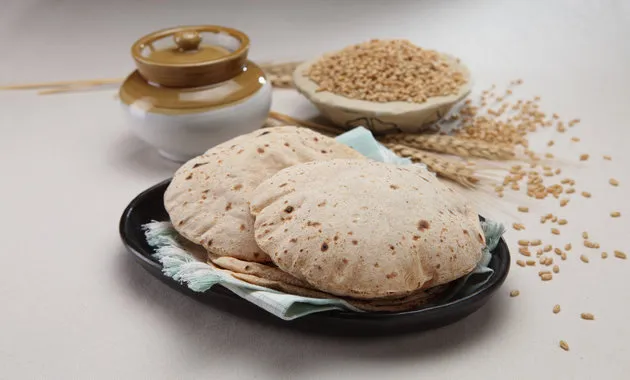
Include fruits, vegetables, whole grains, beans and lentils in your diet. They are rich in healthy carbs.Some other healthy carb foods that are good for pregnancy include fruits. They are bananas, berries, and oranges, and vegetables such as sweet potatoes, peas, and corn. Furthermore, whole grains such as brown rice and quinoa, and legumes such as lentils and chickpeas.
Fibre rich foods
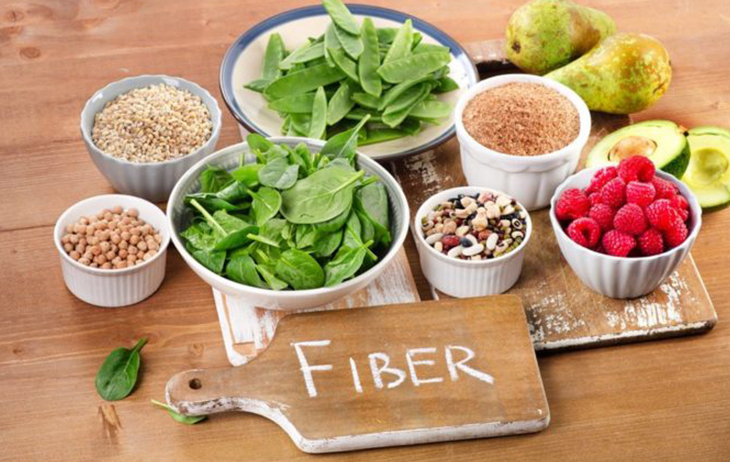
Some fibre-rich foods that are good for pregnancy include fruits. Such as apples, berries, and pears. Furthermore, vegetables like broccoli, carrots, and sweet potatoes must be included. In addition, whole grains such as oatmeal and brown rice, beans and lentils.
Foods to include in a balanced diet for pregnant women
A balanced diet for pregnant women consists of a variety of nutritious foods. They are all suggested and categorised below!
1. Dairy products
Dairy products are an important source of calcium and proteins. However, go for lower fat variants. You can consume low-fat dairy products daily.
How much dairy should you consume in one day?
Consider three servings of low-fat dairy products as
- A 250 ml glass of milk
- A bowl of yoghourt
- One ounce or 25 grams of cheese
2. Lean proteins
Proteins are also known as the building blocks of the body. They help in building and repairing muscles. Protein is required for the proper development of the foetus. A pregnant woman should aim to consume about 75-100 grams of protein per day. It may vary depending on the trimester and activity level. Some lean protein foods that are good for pregnancy include chicken, turkey, fish, beans, lentils, and tofu.
3. Healthy fats
Some healthy fats that are good for pregnancy include nuts, seeds, avocado, olive oil, and fatty fish such as salmon. These healthy fats are important for the development of the baby’s brain and nervous system. Therefore, you must include foods rich in healthy fats in your diet.
Can pregnant women eat non vegetarian food?
Yes, pregnant women can eat certain non vegetarian food items. Moreover, a diet containing non-vegetarian food items is rich in proteins. Proteins are the building block and thus are required for the development of the foetus.
The non vegetarian food items that a pregnant woman can consume include chicken, tuna, turkey, eggs etc.
However, limited amounts of non vegetarian food should be consumed. This is because there is an increased risk of bacterial food poisoning during pregnancy.
On the other hand, red meat like pork should be avoided when expecting a baby. Moreover, raw and uncooked meat should be avoided at all costs. This makes way for bacterial poisoning.
Foods to exclude in the diet plan for pregnant women
Given below is a list and description about the foods that are unsuitable for pregnant women. These foods must be excluded from the diet. They might hinder the proper growth and nourishment of the developing baby.
● Fruits to avoid in a balanced diet for pregnant women
Given below is a list of top five first fruits that must be avoided at all costs:
- Papayas
- Pineapples
- Grapes
- Dates
● High mercury food
Vegetarian food is generally low in mercury. Moreover, Not all fish are high in mercury. In some varieties, mercury deposition is found in fish.
In addition to this, these fish should be avoided and not consumed during pregnancy.This category of fish includes swordfish, marlin, shark and king mackerel.
● Processed foodandmeat
Processed foods such as chips, candy, and packaged snacks should be avoided during pregnancy. They are often high in calories, sugar, and salt, and low in nutrients. Consuming too much of these foods during pregnancy can increase the risk of gestational diabetes and other health problems.
Pregnant women should avoid processed meat as much as they can. It is because they undergo various processes and long-term storage. It may accumulate bacteria which can cause further problems and complications in pregnancy.
● Organ meat
Organ meat is loaded with various nutrients, especially vitamin A. During pregnancy, Eating such amounts of animal-based vitamin A is not recommended. In addition to this, it causes congenital malformations and miscarriage.
● Seeds and nuts
Seeds and nuts have a warm effect on the body. Moreover, they produce heat in the body which eventually affects the uterine muscles. It is unhealthy for the developing baby and must be avoided.
Tips regarding the prenatal care diet plans
● Cut down caffeine
Doctors say that consumption of caffeine during pregnancy leads to complications. It constricts the blood vessels in the placenta and uterus. Moreover, it reduces the blood supply to the baby and hinders the growth.
Furthermore, excessive amounts of caffeine during pregnancy can lead to birth defects. Other problems include miscarriage, stillbirth and premature birth.
So, say bye bye to coffee and caffeinated teas.
● Stay physically active

Being physically active and doing exercises regularly is very important during pregnancy. This is because it reduces back pains, bloating, constipation, swelling and inflammation. Moreover, it also plays an important role in keeping the baby healthy.
● Get enough folic acid
Make sure your prenatal diet consists of an appropriate amount of folic acid. It is necessary for the development of the neural tube of the infant. Eventually, it helps to prevent major birth defects. These birth defects affect the spinal cord, brain or spine.
Foods rich in folic acid
Here are some of the resources of folic acid. In addition to this, You can include them in your diet.
- Beetroots
- Citrus foods
- Legumes
- Leafy b echoes
- Asparagus
● Maintain appropriate Protein intake
It is important for pregnant women to consume adequate protein. To support foetal growth and development, a mother must consume 70 grams per day.
Good sources of protein include lean meats, poultry, fish, eggs, beans, lentils, nuts, and seeds. Furthermore, it is important to choose a variety of protein sources. So as to ensure you are getting all of the necessary amino acids.
● Medicines and supplements
Some supplements, such as folic acid and iron, may be recommended by dieticians. These supplements help to support foetal development and prevent anaemia.
● Stay hydrated
Staying hydrated during pregnancy is important for several reasons. Water helps to carry nutrients to your growing baby. Moreover, it helps to remove waste from your body. It also helps to prevent constipation, which is a common problem during pregnancy.
Additionally, staying hydrated can help to prevent preterm labour and other pregnancy complications.
How much water should a pregnant woman drink in a day?
It’s recommended that pregnant women drink at least 8-10 cups of water per day. The water content can be more if you are exercising or live in a hot climate.
The bottom line
Pregnancy is a crucial stage for a woman. Diet must be top notch and capable of meeting the nutrient requirements. In addition to this, specialized diet for pregnant women ensures the same. Get to know all about such diet plans in this article.
Moreover, proper nourishment to the developing baby and the pregnant mother is required. This nourishment is provided from a balanced diet for pregnant women. In addition to this, the diet ensures a healthy and normal weighing baby.
The article contains information regarding the food to include and exclude from a balanced diet for pregnant women. Moreover, the diet is easy to understand, doable and effective. It is sufficient to provide appropriate nourishment to the developing baby and pregnant mother.
Frequently asked questions (FAQs)
How to relieve the symptoms of morning sickness during pregnancy?
Answer:
Having a cup of warm ginger tea can help you in this case. Moreover, peppermint tea can also help in the same. They are also rich in antioxidants and contain caffeine. Thus, they are safe to be consumed in prenatal care.
Additionally, eating small, frequent meals throughout the day and avoiding foods or smells that trigger nausea also helps. Furthermore, staying hydrated, getting plenty of rest, and taking vitamin B6 is beneficial.
Which is the best fruit or fruit juice to consume during the pregnancy period ?
Answer:
If you have a choice between whole fruits and fruit juice, preferably go for whole fruits. It’s best to choose whole fruits over fruit juices, as whole fruits contain more fibre and less sugar.
In addition to this, they are free from preservatives, colours and sweetness. Being naturally juicy and guilty , fruits will not fail to disappoint you.
Some good options include oranges, strawberries, kiwi, mango, papaya, and grapefruit.
What foods should I avoid to prevent excessive weight gain?
Instead of focusing on avoidance, it is better to emphasize a balanced and nutritious diet.
Minimizing processed foods, sugary drinks, and unhealthy fats is generally beneficial.







